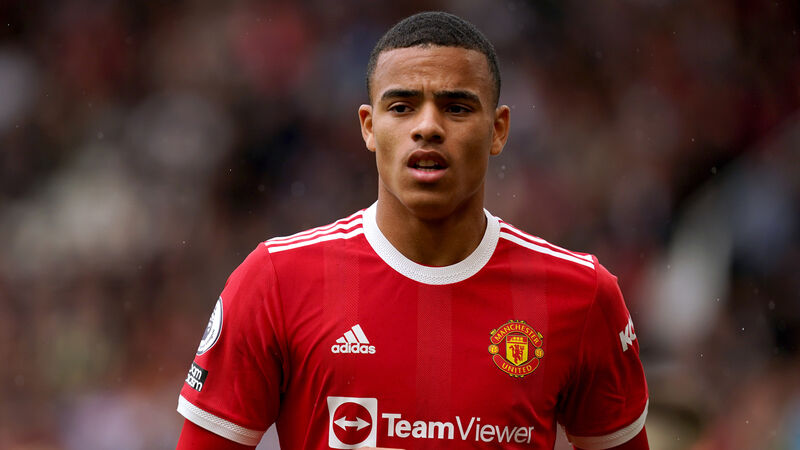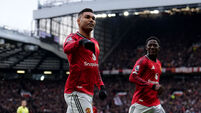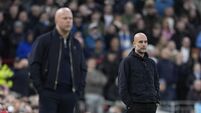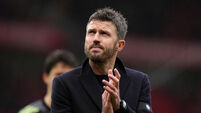Paul Rouse: Man United’s onfield decline irrelevant when placed beside Greenwood allegations

Manchester United's Mason Greenwood has been suspended by the club
This evening Manchester United play Middlesborough in the FA Cup. It is the club’s last realistic chance of winning a trophy this season. It is true that they have reached the knock-out stages of the Champions League, but it is exceptionally difficult to make a sustainable argument as to how United might win that competition.












